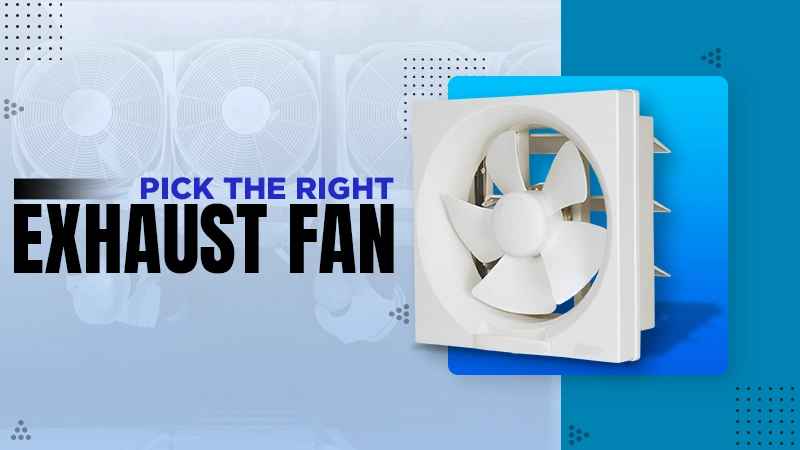What is Port Forwarding?
Port forwarding is a method of allowing computers to communicate directly, even if they are within private networks. This enables two private networks to link with one another in a limited way, something that has been used for everything from gaming to business reasons.
By forwarding ports within your router, you are technically opening up a gateway for each computer to access the other through, allowing for direct connections in ways that would not normally be possible. For example, a router is connected to the internet on one side and can forward to the rest of the local network on the other.
Also, Read: An Understanding of Colocation Pricing
How does Port Forwarding Work?
Port forwarding is based on the limitation that many computers and internet service providers (ISPs) all share the same physical connection to the internet. A single port, say 8001, is available for use on any of those computers, but only one address can use that port at a time.
In a way, this resembles a single phone line being shared among a bunch of people; if someone calls that phone line, that person receives all other calls on that line but also takes a message with their number on it, which tells them who called them.
By configuring a router with a port forwarded on one side to the same connection used by another computer, the computer on the second side is allowed to communicate directly with the router without other computers on the first side interfering. In a sense, it opens a direct line from one to the other, allowing for the sharing of information and/or treating the connection like a local one.
A few common examples of this are with games that require either port forwarding or a third-party program to play online. Many older games are LAN only or require dedicated servers, and playing those games over the internet without either necessitates port forwarding to make the connection possible.
When Should You Port Forward?
Port forwarding is mostly necessary when a machine needs to communicate with another machine behind a firewall or router. While a lot of online programs can work without manual interference and tweaking, earlier software (or some specialized tools) still require manual port forwarding.
Older games are a good example. Many old games require port forwarding if you are not playing on a remotely-hosted server or as part of a LAN connection. For many older games, port forwarding is required to even host a server effectively.
Some ports are open by default, and others need to be opened manually. In many cases, you can configure the ports each piece of software uses, but you still need to open those ports manually. You also can’t overlap them with other ports or connections – you can’t have a single port that does everything. But what does port forwarding do for gaming? In general, it allows for easy connections. By opening the right ports, you can play a range of games directly with other people, including friends with that you might otherwise not have an easy way to connect. This is one of the most direct ways to turn a locally-hosted server into something that others can join too.
Follow Us
Latest Post















